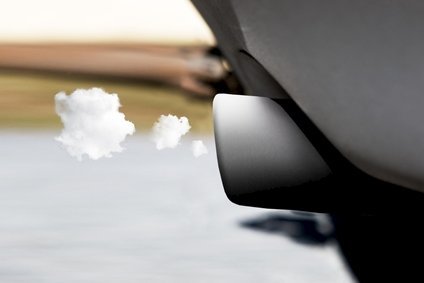
Industry analysts are rapidly revising their assessments of prospects for diesel-engined cars in the US market in the wake of the VW diesel emissions testing scandal. The US light vehicle market had seemed ripe for growth of volume and penetration for diesel-engines, but forecast penetration of diesel in the light vehicle market in the US has been significantly downgraded by automotive analysts at just-auto’s QUBE research unit.
“There were high hopes for diesel in the US market,” says Calum MacRae, QUBE’s head of development. “The vehicles come with good fuel economy and diesel torque characteristics were also seen as a major plus point for US vehicles and market preferences.”

Discover B2B Marketing That Performs
Combine business intelligence and editorial excellence to reach engaged professionals across 36 leading media platforms.
MacRae says that VW was leading the diesel push, but other manufacturers were also working along similar lines to expand their US market diesel offerings.
“Diesel has had an image problem in the US and tight emission rules certainly made diesel introduction more problematic, but it did seem that we were entering a phase where they would gain broader market acceptance,” he says. “But the media publicity surrounding the Volkswagen crisis has put overall market prospects for diesels back. Forecasts are being slashed and any upside we had built-in before based on what had looked like cautious OEM plans alongside initially successful execution, has now gone.”
QUBE’s analytical team consider that the US market’s diesel upside has largely diminished due to the wider mistrust for diesel that has followed the Volkswagen scandal. QUBE’s research team now see diesel penetration in the US reverting to 3-4% in the long-term against the previous forecast of over 7.5% penetration in the future. It is considered that diesel, as a light vehicle fuel, will revert to mainly seeing use among medium-and heavy-duty pickup trucks.
MacRae adds that the diesel rollout in the US suited European OEMs who have had to meet tougher emission regulations in Europe. “The Euro VI regulations closely align with current US NOx requirements, to the extent that offering a diesel on the US market brings little incremental cost for OEMs. Ostensibly, the strategy made sense and diesels were being presented as high-tech, modern and green. That marketing line has been seriously undermined.
“Diesel as a light vehicle fuel in the US has a bit of a trust deficit in any case. For one, many consumers associate it with heavy commercial vehicles; second, many consumers will still recall GM’s failed Oldsmobile diesel engine of the early 1980s,” he says.
QUBE’s analysts have also announced that they anticipate a steepening in the decline of diesel-fuelled vehicles in the European car market.
See also: ANALYSIS: Europe diesel forecasts revised down on VW scandal






